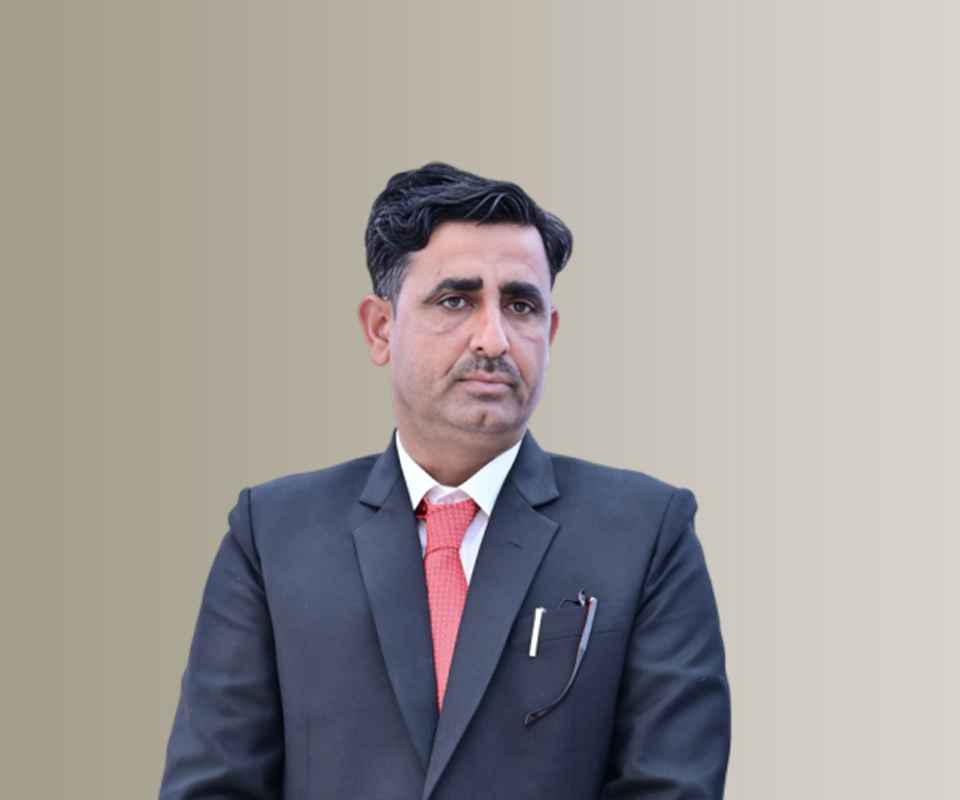Answer By law4u team
Revoking a Durable Power of Attorney (DPOA) granted to a guardian is a legal process that can be initiated by the principal (the person who granted the power) as long as they are still mentally competent. A Durable Power of Attorney allows the designated agent (in this case, a guardian) to make decisions on behalf of the principal, even if the principal becomes incapacitated. However, there may come a time when the principal wishes to revoke this authority, whether due to a change in circumstances, the guardian's actions, or the principal’s ability to make decisions independently again.
The process to revoke a Durable Power of Attorney involves several important steps to ensure that the revocation is legally valid and enforceable.
Steps to Revoke a Durable Power of Attorney Granted to a Guardian
Determine Mental Competency:
The principal must be mentally competent to revoke a Durable Power of Attorney. If the principal is incapacitated or unable to make decisions due to mental illness, dementia, or other conditions, the revocation may not be valid. In such cases, the principal may need to have a court-appointed guardian or legal representative act on their behalf to revoke the power of attorney.
Execute a Formal Written Revocation:
The revocation should be in writing. A formal revocation document must be created, which clearly states the intent to revoke the Durable Power of Attorney. This document should explicitly reference the original durable power of attorney and include the following:
- The name of the principal.
- The name of the guardian (or agent) who was given the power of attorney.
- A statement revoking the authority previously granted.
- The date the revocation takes effect.
Example: A simple revocation might read, I, [Principal's Name], hereby revoke the Durable Power of Attorney granted to [Guardian's Name] on [date]. Effective immediately, [Guardian's Name] no longer has any authority to make decisions on my behalf.
Notarization or Witnessing:
While not always required, it's highly advisable to have the revocation document notarized or signed by witnesses to ensure its authenticity and to avoid disputes later. Some states may require a witness or notarization for the revocation to be considered legally effective. This helps prove that the principal voluntarily and competently revoked the power.
Notify the Guardian:
Once the revocation document is executed, it is crucial to formally notify the guardian that their power of attorney has been revoked. The principal or their representative should deliver a copy of the written revocation to the guardian. If the guardian is unaware of the revocation, they may continue to act on behalf of the principal, believing their authority is still valid.
This can be done by mailing the revocation, delivering it in person, or using other formal methods of communication. It is often recommended to send it via certified mail with return receipt to confirm that the guardian received it.
Inform Third Parties and Institutions:
If the guardian has been using the Durable Power of Attorney to make decisions related to finances, healthcare, or other matters with third parties (such as banks, doctors, or insurance companies), the principal (or their representative) should notify these parties of the revocation. This ensures that the guardian’s authority is no longer recognized by third parties, preventing any potential misuse or confusion.
Destroy Old Copies of the Power of Attorney:
The principal should destroy or otherwise revoke any copies of the Durable Power of Attorney that were previously given to the guardian or other third parties. This step ensures that there are no existing, conflicting documents that could cause confusion or complicate the revocation process.
File with the Court (if applicable):
In some cases, particularly if the Durable Power of Attorney was filed with the court (e.g., for health care decisions or financial matters), the revocation may also need to be filed with the same court or agency. This is especially important in cases where the guardian has been making legal or medical decisions for the principal.
Consider Legal Assistance:
If there are concerns about the revocation process, such as if the guardian is unwilling to comply or if there is a dispute over the principal’s capacity, seeking the assistance of an attorney may be advisable. An attorney can help ensure that the revocation is handled in compliance with state laws and that the principal's rights are fully protected.
Legal Considerations in Revocation
Capacity:
The principal must have the mental capacity to revoke a Durable Power of Attorney. If the principal is mentally incapacitated, they may not be able to revoke the document on their own. In such cases, a court may need to be involved to appoint a new guardian or provide guidance on how the revocation should be handled.
Court Involvement:
If the Durable Power of Attorney was originally granted due to a court order or was filed with the court (as is often the case with guardianship arrangements), it may be necessary to file a formal request with the court to revoke the document.
Third Party Recognition:
Once the revocation is effective, it may take some time for third parties (banks, hospitals, etc.) to recognize the change. The principal or their legal representative may need to take additional steps to ensure that the revocation is respected in all contexts.
Example:
If a person (the principal) granted a Durable Power of Attorney to their adult child (the guardian) for financial and medical decision-making, but later they wish to revoke this power due to changing circumstances or because they have regained their independence, the principal would:
- Draft and sign a revocation document.
- Have the document notarized or witnessed, if required by state law.
- Notify the guardian in writing that the power is revoked.
- Inform relevant third parties (like the bank and healthcare providers) that the guardian no longer has authority.





